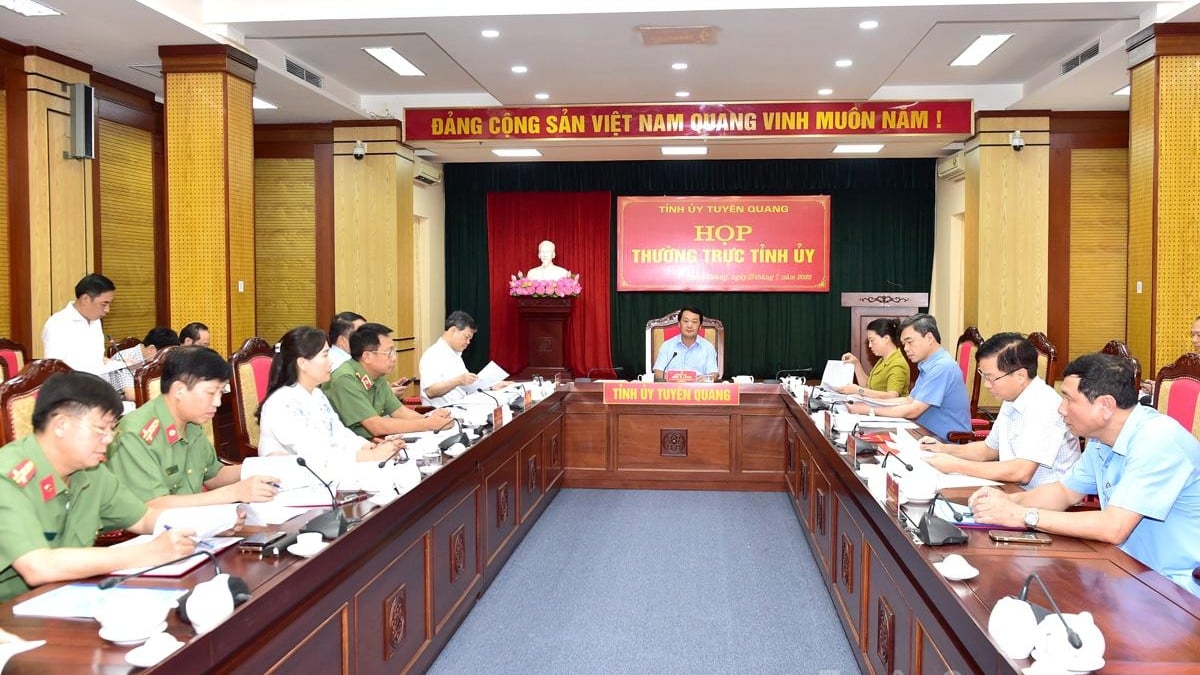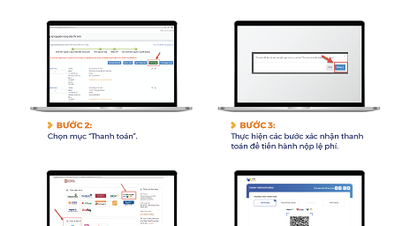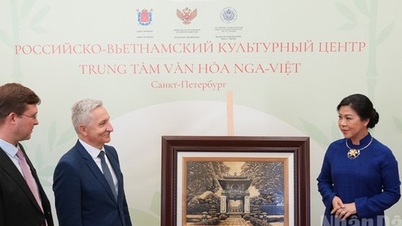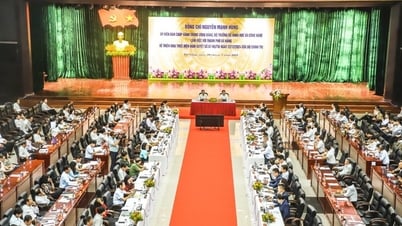SGGP
The 27 member states of the European Union (EU) have just passed a new law aimed at reducing deforestation globally, by regulating the trade of a range of goods.
Under the law, companies trading in palm oil, meat, timber, coffee, cocoa, rubber, soy, and derivative products such as chocolate and printing paper will need to prove that the goods they sell in the EU are not linked to deforestation anywhere in the world after 2021. The law also requires companies to prove that the goods they import comply with the rules in the country of origin, including the protection of indigenous peoples.
The agreement is the most ambitious legislative effort to tackle deforestation worldwide to date. From 2025, a “review clause” in the law could allow it to be extended to “other wooded areas” such as Brazil’s Cerrado. From 2026, it could include other ecosystems with high biodiversity or carbon content.
The World Resources Institute says that every minute, the world loses an area of forest the size of 10 football pitches. The EU says that without new regulations, 248,000 hectares of forest would be destroyed each year, an area equivalent to the size of Luxembourg. The new EU law is therefore a major breakthrough because it does not allow any form of deforestation to supply the EU market. It is also the first law to set rules against forest products that are produced by irresponsible exploitation of natural forests.
In addition to being key to combating climate change and biodiversity loss, the new law also breaks the impasse that has hampered trade relations between countries with similar environmental values and ambitions. While there may be some loopholes, if China, India, the United States and Japan all implement the key legal steps in this historic law, nearly 75 percent of the world’s imported deforestation could be eliminated within a few years, observers say.
Source

























![[Photo] National Assembly Chairman attends the seminar "Building and operating an international financial center and recommendations for Vietnam"](https://vphoto.vietnam.vn/thumb/1200x675/vietnam/resource/IMAGE/2025/7/28/76393436936e457db31ec84433289f72)










































































Comment (0)